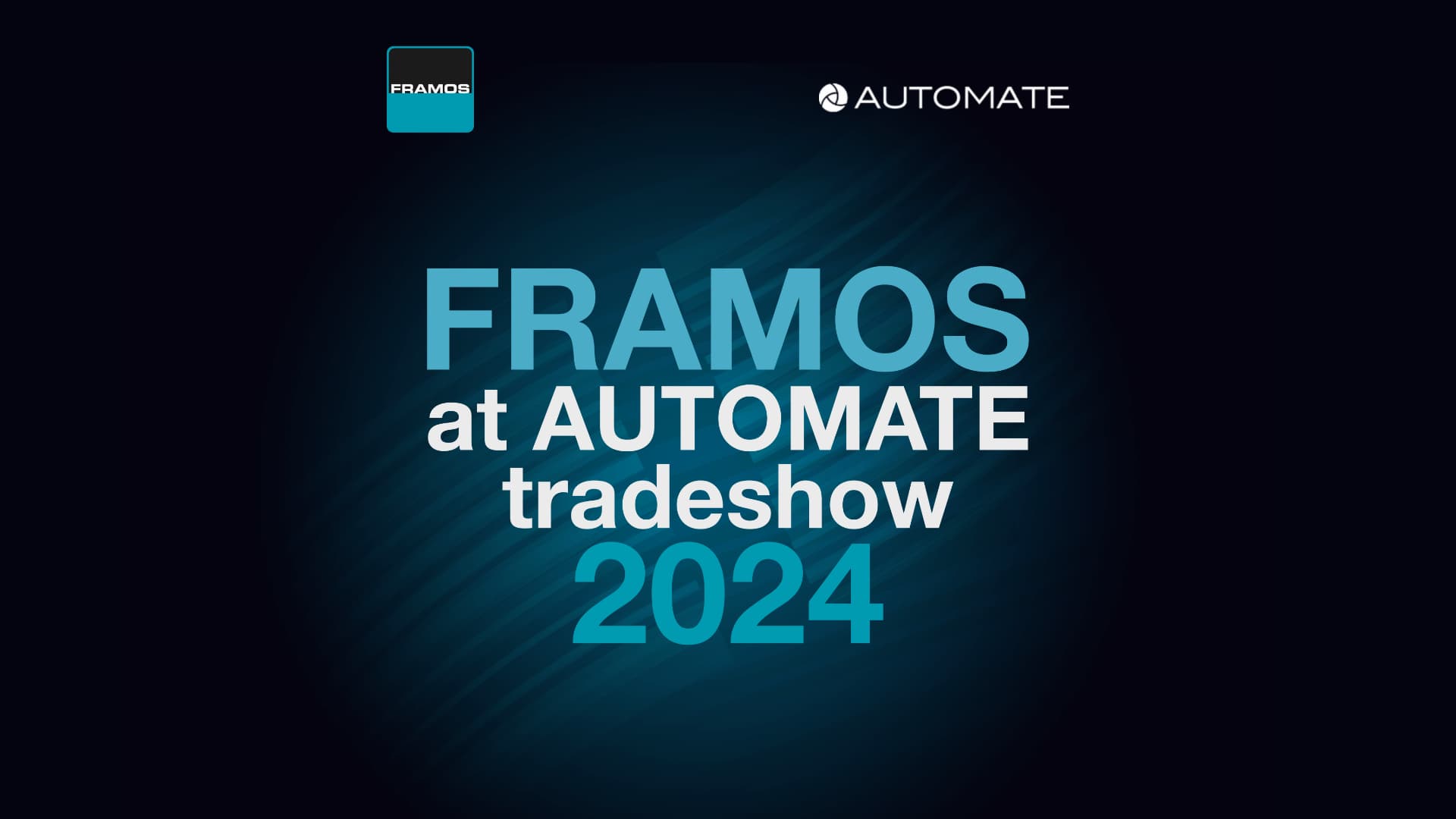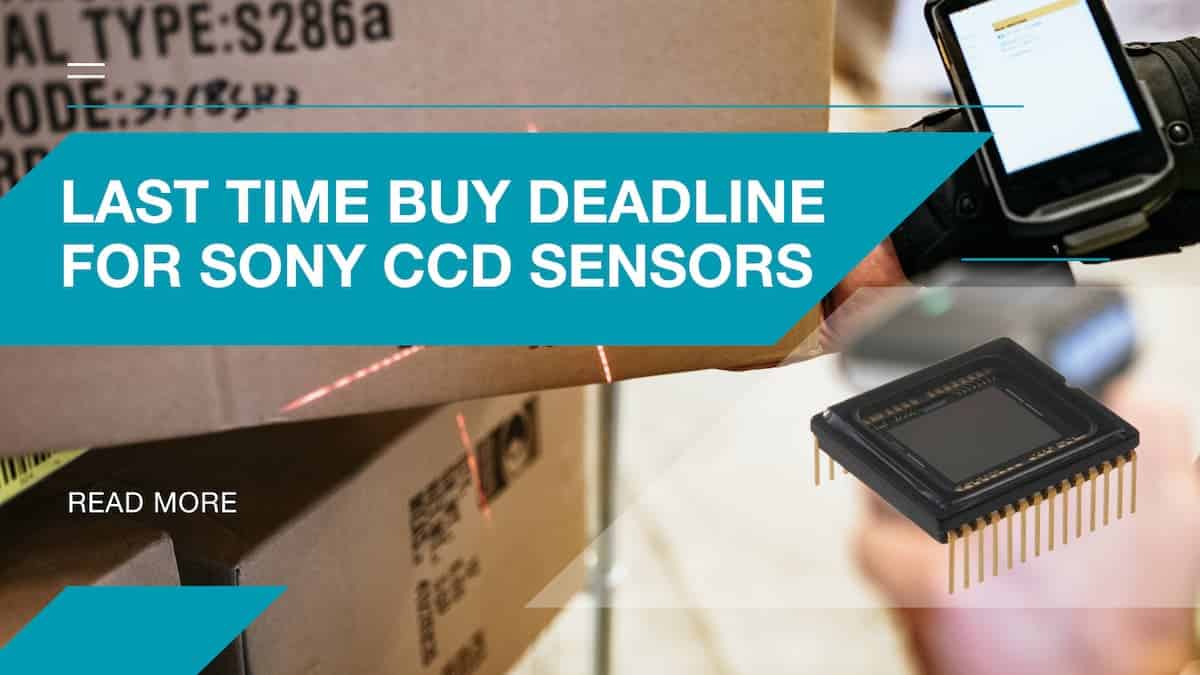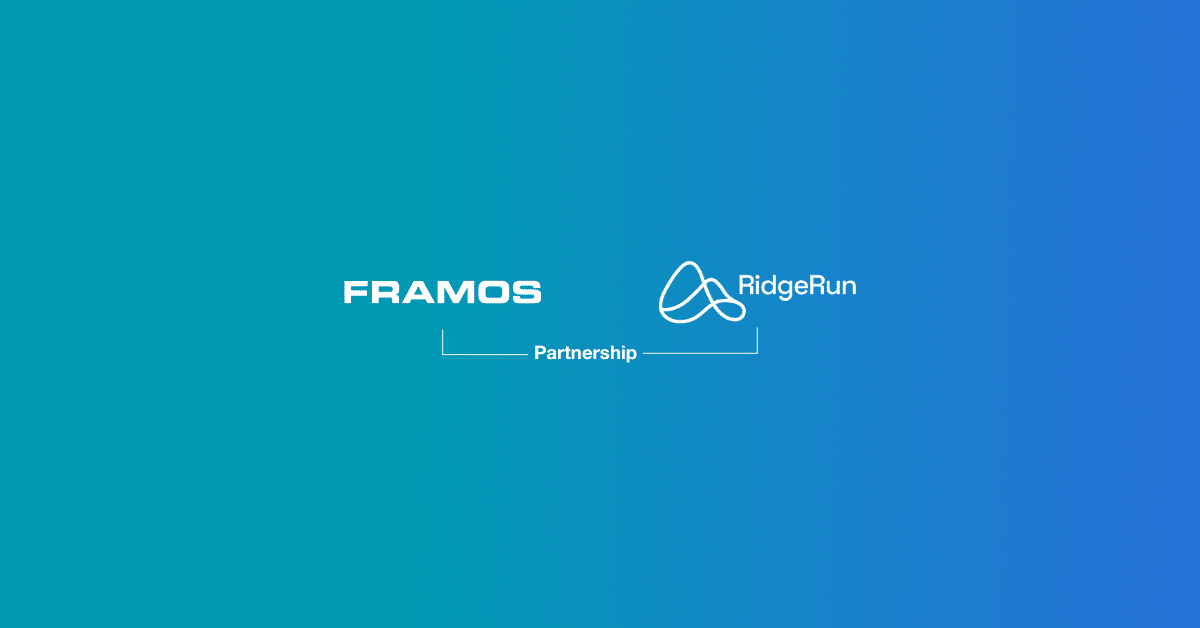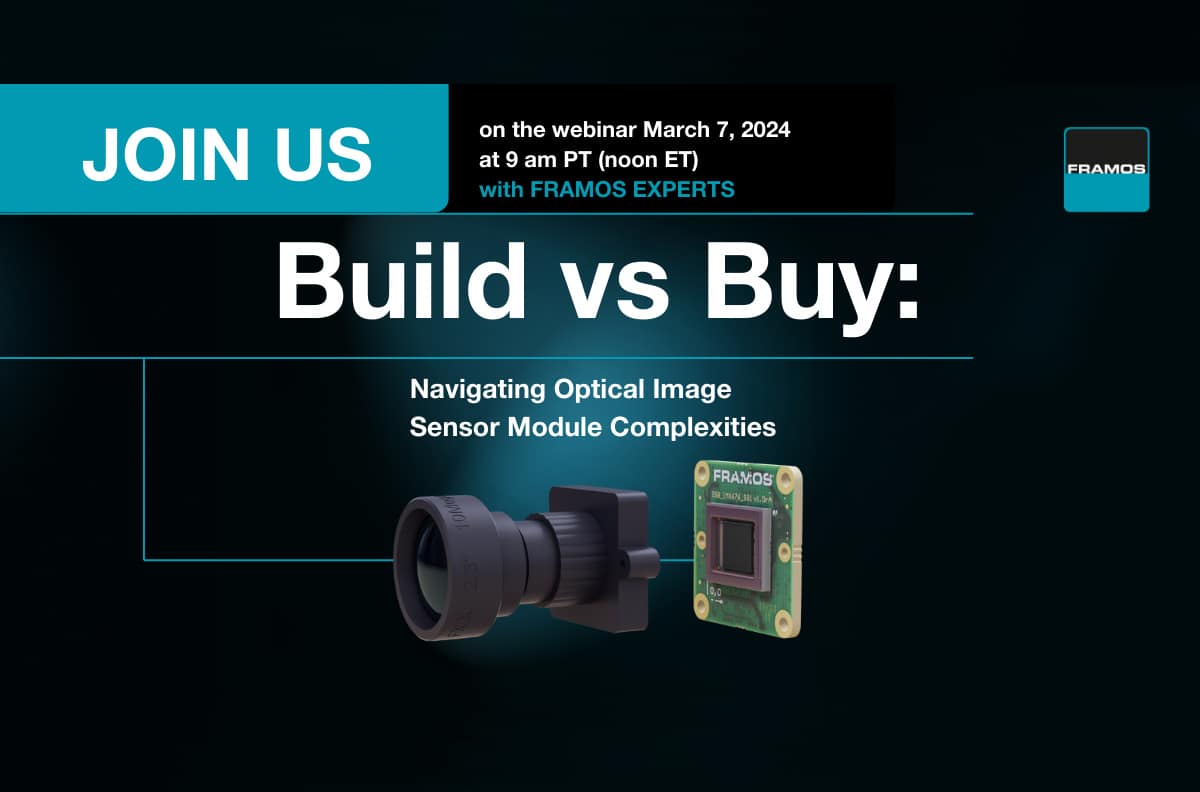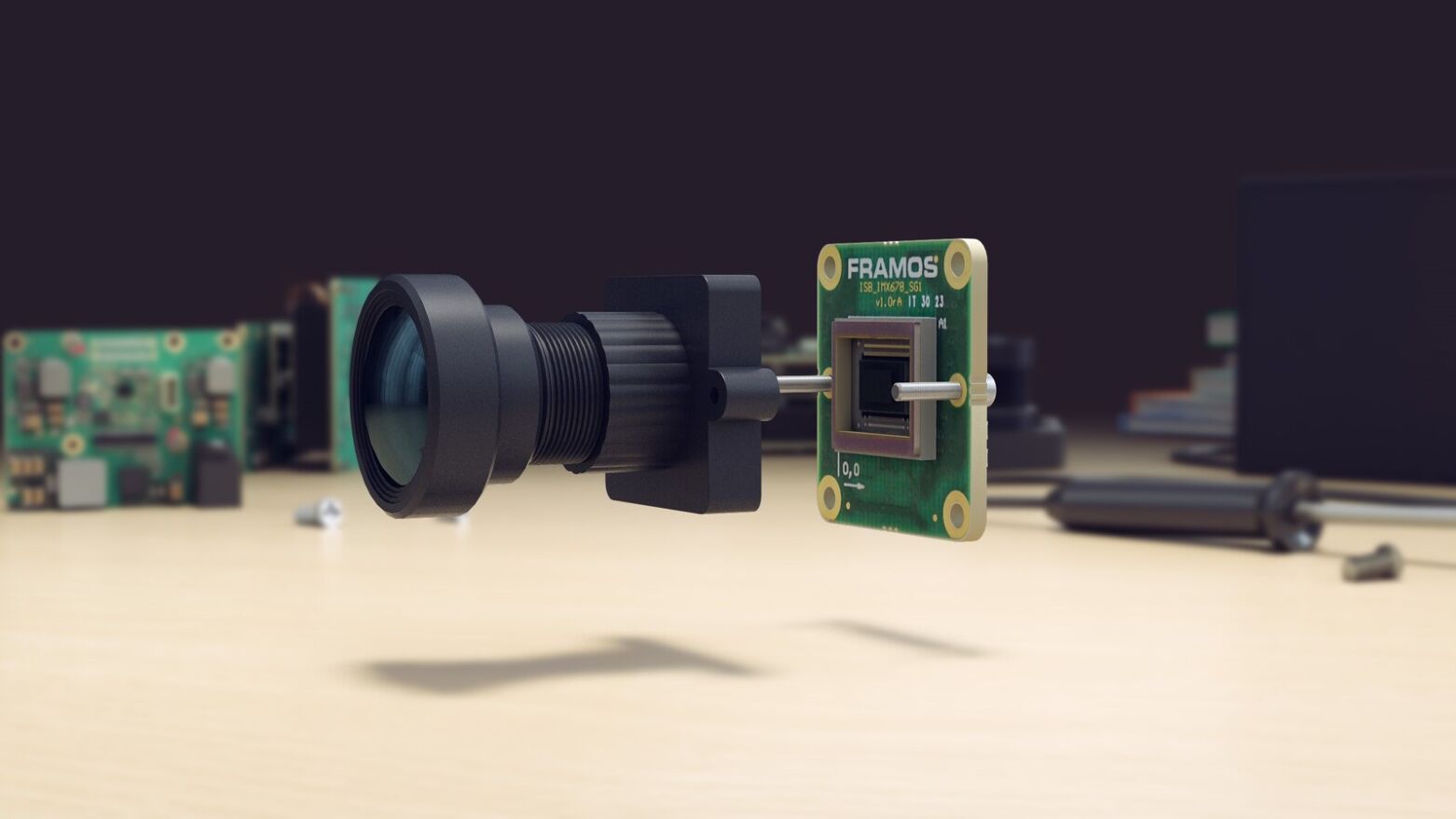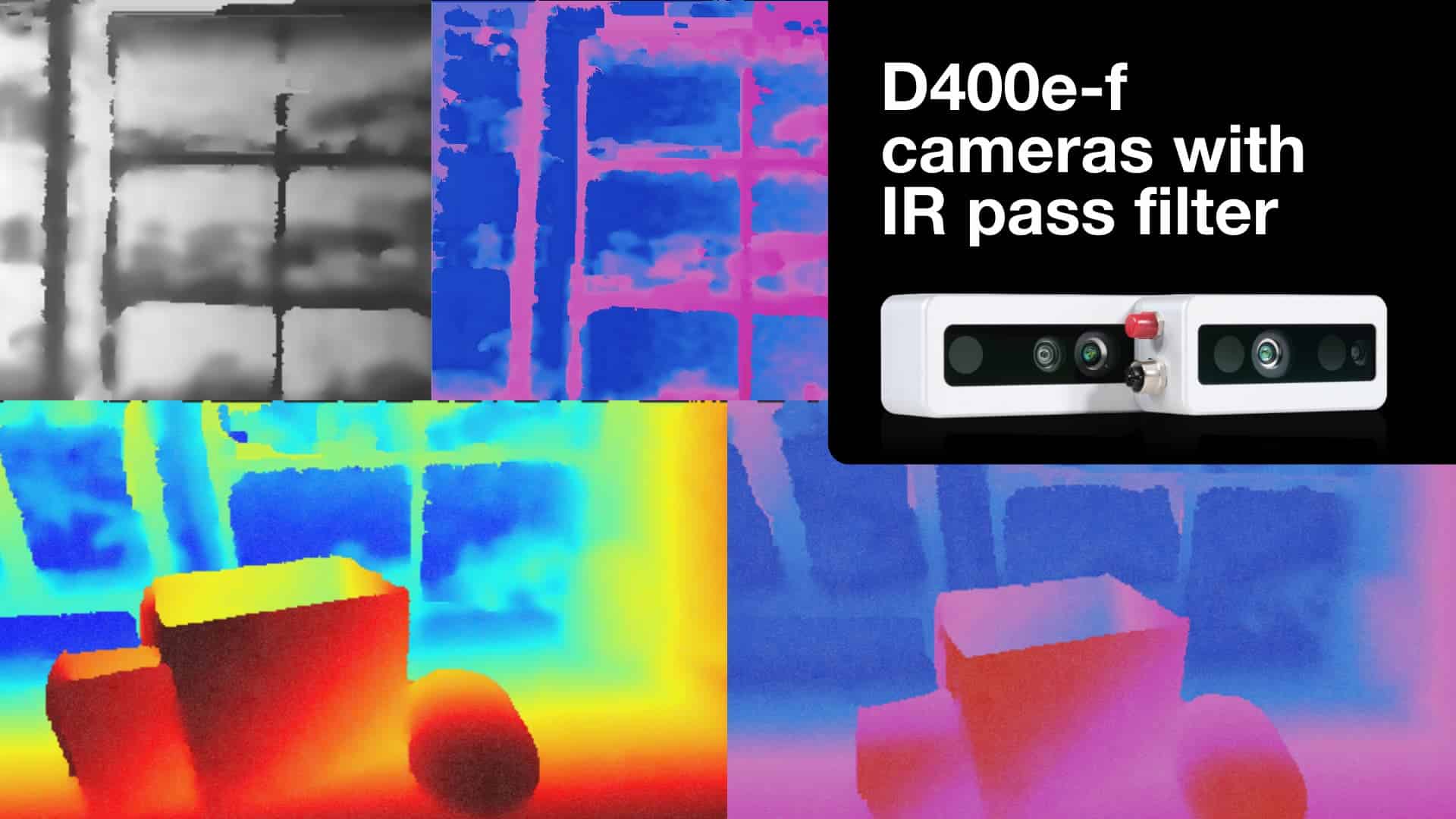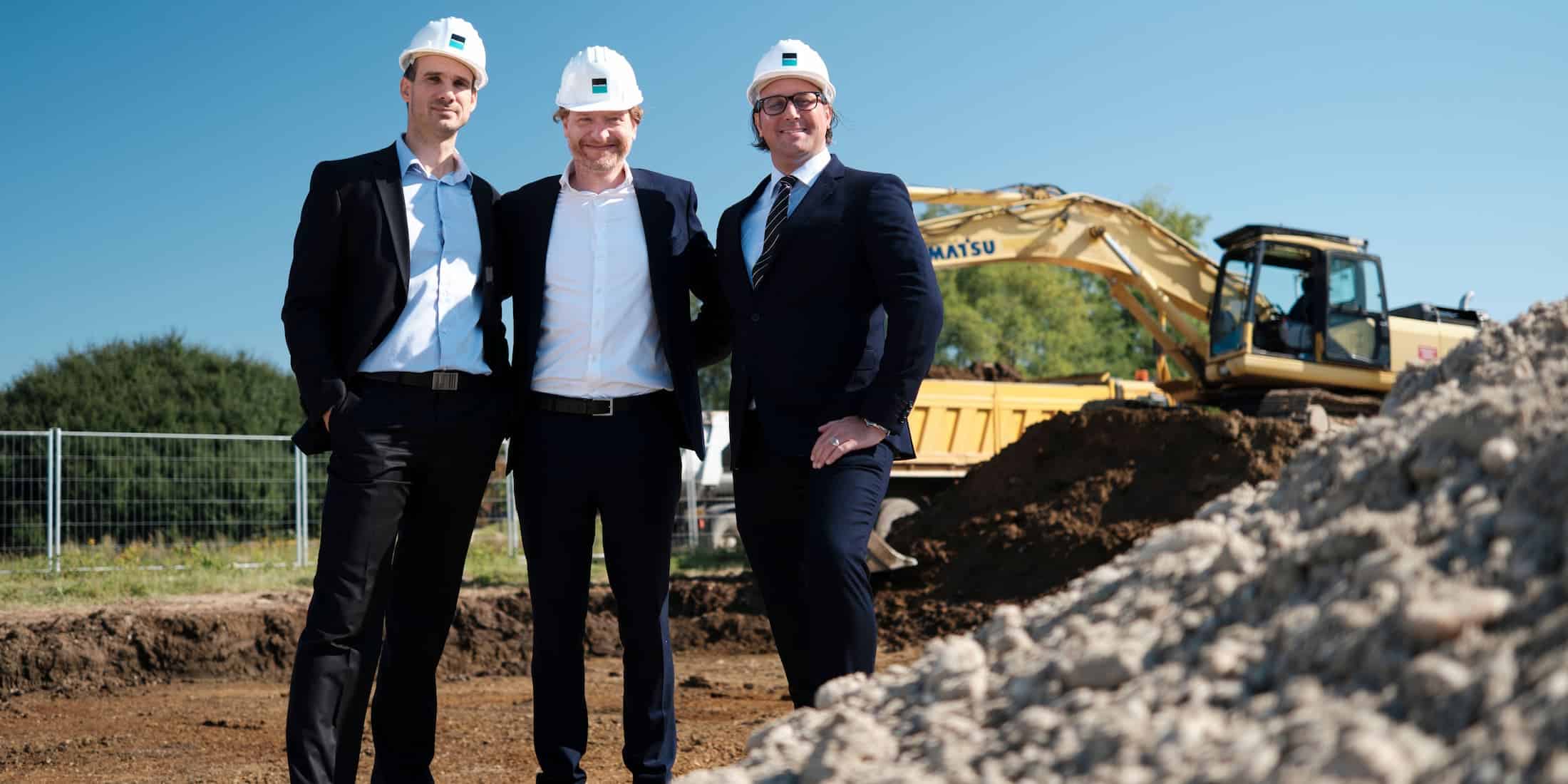… former German chancellor Helmut Schmidt and fellow of the US Presidents Ford and Carter once said. In the 70s he could not have heard anything about image processing. It wasn’t until the early 80s that Sony image sensors from Japan came onto the European market and the first solutions for industrial inspection and automation were developed. Today “vision” is an essential component of the Smart Factory, robots, thinking machines, safety and autonomous home devices. The former chancellor would be delighted, that the doctor also opts for “vision” today. Modern medical treatments, such as the pain-free pill camera instead of a colonoscopy, are only made possible by the latest image-supported diagnostic and surgical systems.
Engineers and developers from all industries and markets use modern image processing, now known internationally as vision, to build future-oriented products and systems. At the Vision trade fair of the same name in Stuttgart, it will be evident that the industry is in the midst of a new era. The concept of “Embedded Vision”, in which computing power is directly connected to the image sensor and image processing is an integrated part of a device, will be the focus of attention. Following this logic, every device is now essentially getting eyes, and will be able to see. Embedded Vision enables autonomous vehicles to understand their environment and make decisions, it allows drones to fly themselves and helps robot vacuum cleaners identify where and what they are cleaning.
The more mass-proven the vision technology, the more image processing is “everywhere”, the louder the call for vision systems that can be easily developed. The trend is now a modular approach which is both powerful and highly standardized and, of course, scalable. Technological progress and miniaturization have given a decisive boost to “Embedded Vision” and progressive modularization.
The next milestone and trend in imaging are sensor and camera modules. These small vision solutions can be easily integrated into machines and devices, are usually preconfigured and come with standardized interfaces. The specifically adaptable sensor modules control the image processing embedded in the device and facilitate development of embedded vision and seeing devices. Developers of robots, drones, IoT or monitoring devices which saves development time. In addition, they can use the pre-fabricated modules from prototyping to testing to mass production, thus optimizing time-to-market and their resources.
The sensor modules are often only the size of a drawing pin and anchor vision solutions deeper into human everyday life; they improve the quality of life in our digital world. “Seeing” support systems in the car, smart mobile phone apps or modern drones with integrated cameras improve safety, resulting in significantly fewer accidents or crimes. Robot vacuum cleaners make housework easier, while stylish VR glasses promise new gaming experiences. The fact that even the doctor can heal today with the help of vision technology is part of a new generation of imaging products that will be an omnipresent part of our lives in the future. The visionary Helmut Schmidt would certainly enjoy it: Once a product developer has a vision today, he relies on vision.
Sincerely,
Claudia Unterhuber



